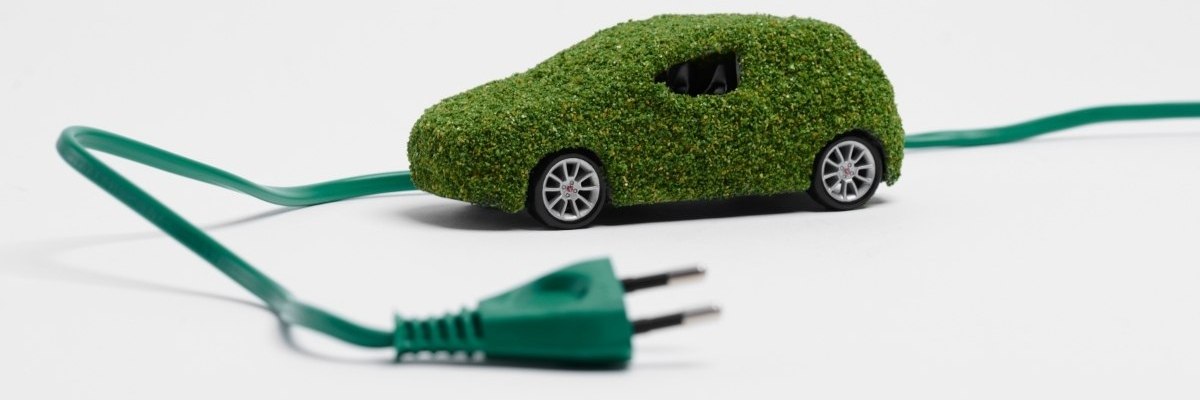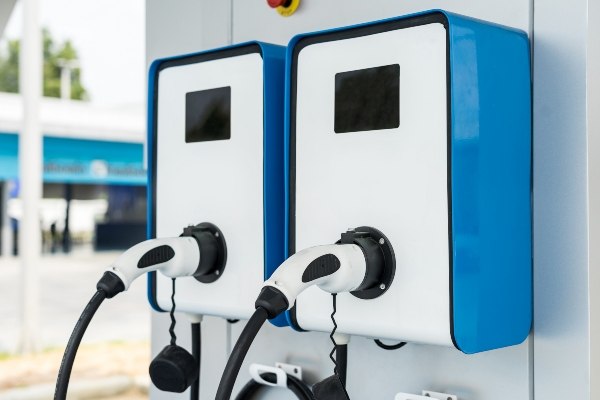Back in 2021, the UK Government announced that a new strategy would be introduced for the UK to become utterly net-zero by 2050.
The new plan outlined measures to transition to a greener and more sustainable future – consisting of commitments, investment and legislation across the economy. The government pledges that “every place in the UK” will have its own net-zero-emission transport network before 2050.
Rishi Sunak Pushes Back the 2030 Ban to 2035
As of 20th of September 2023, Rishi Sunak pushed back the 2030 deadline to end the sale of new and petrol and diesel cars and vans to 2035.
Sunak has affirmed his belief that, due to advancements in technology, the majority of vehicles will still be electric by 2030. He emphasized the need for a more practical approach that balances economic growth and environmental protection. His announcement has sparked discussions among politicians, environmental activists, and car manufacturers.
The prime minister has reconfirmed his commitment to achieving the net-zero emissions target by 2050, albeit through a more effective and proportionate strategy. The delay in implementing the ban on the sale of new petrol and diesel cars was unveiled during a speech on Wednesday evening.
The prime minister said: “We are committed to net zero by 2050 and the agreements we have made internationally – but doing so in a better, more proportionate way.”

To list a few, the key commitments declared by the Government stated:
- End the sale of new petrol and diesel cars and vans from
20302035; from 2035, all new cars and vans must be zero-emission at the tailpipe. - Introduce a zero-emission vehicle mandate setting targets for a percentage of manufacturers’ new car and van sales to be zero-emission each year from 2024.
- Ensure the UK’s charging infrastructure network is reliable, accessible, and meets the demands of all motorists. Later this year, we will publish an EV infrastructure strategy, setting out our vision for infrastructure rollout, and roles for the public and private sectors in achieving it.
- Building on the £1.9 billion from Spending Review 2020, the Government has committed an additional £620 million to support the transition to electric vehicles. The funding will support the rollout of charging infrastructure, with a particular focus on local on-street residential charging and targeted plug-in vehicle grants.
- Build a globally competitive zero-emission vehicle supply chain and ensure our automotive sector is at the forefront of the transition to net zero.
- Lead by example with 25% of the government car fleet ultra-low emission by December 2022 and all the government car and van fleets zero emission by 2027.
A Deeper Look:
It is a lot to take in, but we’re here to make things easier – so let’s explain the main matters that may affect you as a driver and car buyer.
Firstly, the government will contribute £620 million in aid of EV grants to car production and infrastructure such as charging points more accessible. Ensuring drivers can access EV charging points easier will definitely be a more appealing part of the process, further encouraging the changeover for UK motorists.
A significant change mentioned is the type of cars manufacturers will have to produce. The government are providing a £350 million boost to support electrifying the UK’s vehicles and supply chains, whilst previously announcing a ban on the sale of all new non-zero-emission cars (ZEV) from 2030 onwards. There will be the exception of a limited amount of hybrids; however, further details are to be announced which brands and models will fall into this category. To encourage manufacturers to get on board, if these targets are met, they will receive credits that could be used to reduce car prices.
The new ZEV mandate will speed up this transition by forcing car firms to make EVs account for a significant part of their fleet. On the one hand, this means the production of combustion engine cars will have to stop by 2030 2035; despite this, consumers could see a benefit from an increased amount of choices between electric and hybrid cars.

What cars qualify as zero-emission vehicle, and what will happen to your existing car?
The cars that do not emit tailpipe emissions and don’t use fossil fuels – are ZEVs.
This new strategy, however, could see a decrease in the production of spare parts for regular combustion engines, so any motorist who hasn’t purchased an EV or hybrid vehicle may find repairs more expensive than ever before – enforcing the importance of making the changeover to an electrified car.
More details are to come when the Government meet for the UN COP26 climate summit in late October, but the crucial takeaway from this information is to start seeking out more information about how you could make the process over to an EV or hybrid vehicle. This change will benefit motorists by ensuring they are ready to contribute to the global efforts of being more eco-friendly.
Want to find out what about the best electric cars? Make sure to check out our blog pieces by clicking the links below.